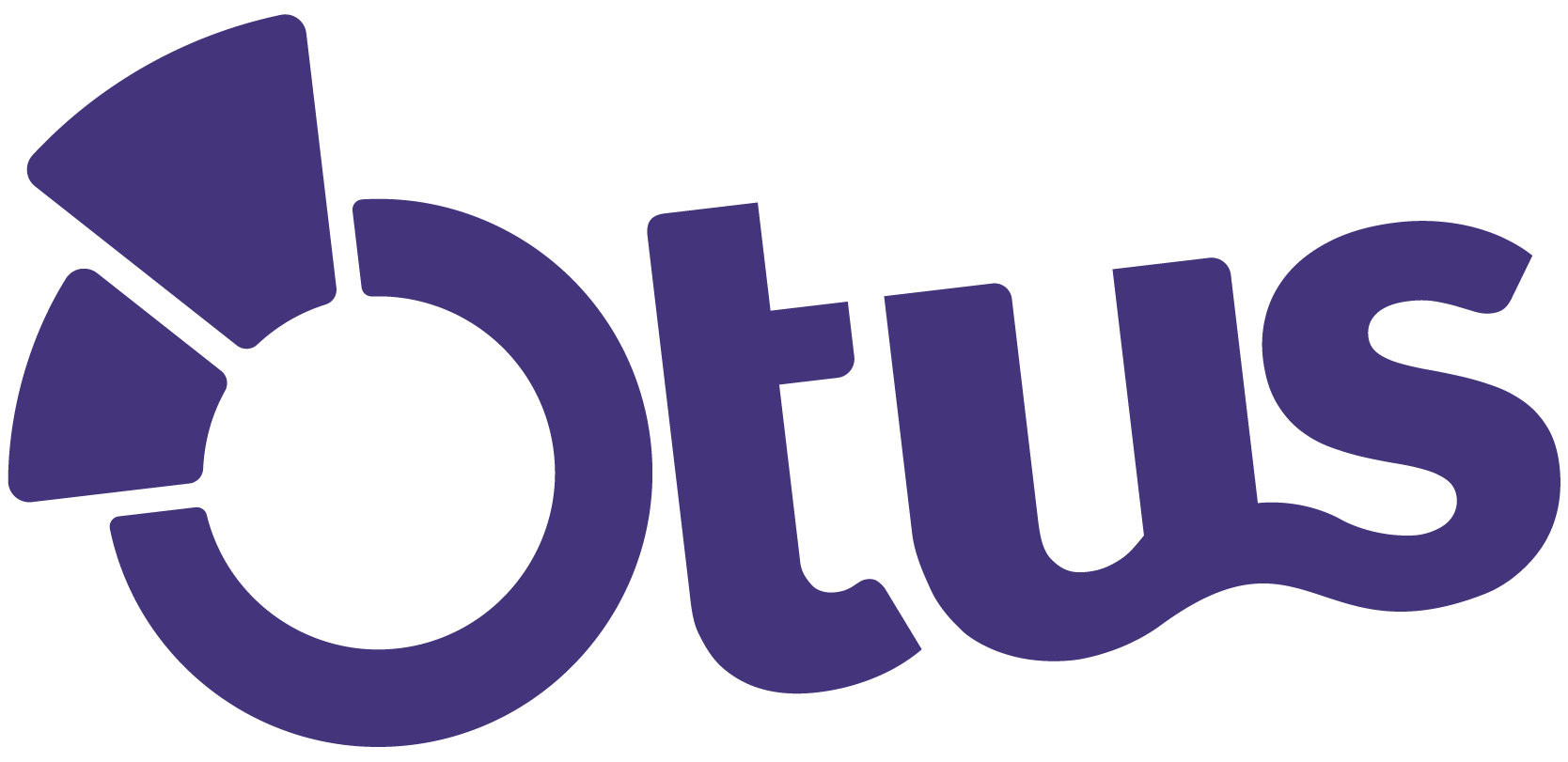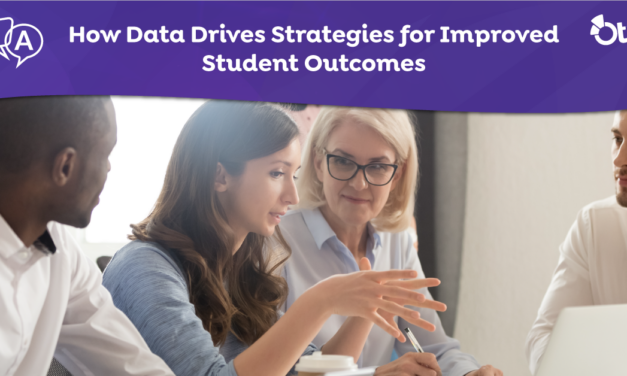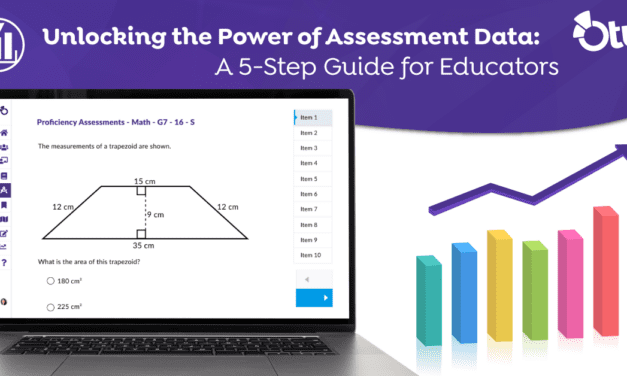Despite many efforts to make education more student-centered, there’s one aspect that has remained mostly unchanged until recently: parent-teacher conferences. Some schools are moving away from the traditional one-sided discussion led by teachers, explaining to parents/guardians their student’s performance, grades, and behavior. The new alternative is a student-led conference (SLC), and the benefits are many, including increased attendance by parents and students taking a greater sense of ownership in their learning. And with advances in technology making it easier to capture and organize evidence of student learning, it is simpler than ever for students to showcase dynamic examples of their work.
In our fast-paced and over-scheduled modern society, getting parents to attend parent teacher conferences can prove to be challenging. Especially if conversations are one-sided and parents are simply receiving information on the progress of their student. Parents are far more likely to attend if their student is presenting because they get to see them perform. It has the same effect as a school play or music recital. Patti Kinney, the associate director of middle-level services at the National Association of Secondary School Principals, says that SLCs overall were a very positive experience at her school — and parents seemed to agree. “When we started, we had 40 to 45 percent attendance rate [for traditional parent-teacher conferences], but when we moved into SLCs, it shot up to 90 percent,” according to Kinney.
Another important feature of this approach is students taking ownership of their learning. In this format, teachers should be doing much less of the talking and the students are taking the lead. When students reflect on their performance in class, it requires them to think deeply about their actions and often results in an increased sense of accountability. Ultimately students have to ask themselves the crucial questions:
- How am I doing?
- What are my short term and long term goals?
- How will I accomplish these goals?
Additionally, students are able to convey to the teacher the ways in which they like to learn or the types of projects/assignments they like to do. The feedback is invaluable to teachers and can be incorporated into future planning. Last but not least, students are given the chance to share their developing passions and interests. Few things are more motivating to a learner than learning in the context of what they are passionate about.
Student-led conferences are also picking up steam in education due to the ease with which students and teachers can use technology to aggregate dynamic digital content like blog posts, assignments, assessments, etc. into a digital portfolio. In the past, this may have been done with a folder of messy papers or poster board with 30 of the exact same artifacts for each student that only partially portrait student learning. Today, it is far simpler to pull together relevant and unique work from each student to discuss in a conference.
With Otus, educators can take SLCs to the next level because of the new enhancement to our rubric-based assignments enabling teachers and students to compile, reflect, analyze, and set goals. Teachers can bundle assignments and assessments into “mini-portfolios,” where students can submit a variety of work to demonstrate their level of understanding.
The beauty of this is that one student could submit a blog post, an image, and a video reflection, while another student submits a screencast, an infographic, and a short animated film. Teachers can then provide their own feedback in the same variety of ways.
These mini-portfolios can later be added to a more comprehensive digital portfolio to be used in a student centered parent-teacher conference.
Technology is an amplifier of teaching and learning. This type of conference is possible without technology, but the ease with which Otus allows teachers and students to collect snapshots of learning amplifies students’ ability to tell their own story and enhance the parent/teacher conference experience. While education is no stranger to pendulum swings from one opinion about what’s best for students to another, my hope is that student-led conferences are here to stay. Have you used SLCs? We’d love to hear about your experience!





